The Art of Being Human
Aiming at Jesus in a world that calls evil good and good evil through the lense of classical ballet
Ballet traces its origins to the Italian Renaissance, when it was developed as a court entertainment. During the 15th and 16th centuries the dance technique became formalized. The epicenter of the art moved to France following the marriage of the Italian-born aristocrat Catherine de Médicis to Henry II of France.¹
Since ballet’s genesis in the renaissance period it has evolved into a highly specific art form combining classical technique, music, stagecraft, sets, costumes, and the souls of its artists. The mainstream American portrayal of ballet shows little respect for it or what is required to be a classical ballet dancer. When I tell someone I’m a professional ballerina they often share that they too “danced ballet” when they were six years old and how they always wanted to get their “toe shoes” but alas it wasn’t meant to be. These reminiscences are kind attempts to relate to me but have nothing to do with the experience of a professional track dancer. The part of ballet that is art often obscures the part that is pure technique. Becoming a professional ballet dancer is more like making an Olympic team than a quaint, youthful hobby. You could say that entrance into the ranks of a prestigious company is through an extremely narrow gate.
The passionate, inexperienced, professional track dancer will begin their training around eight years old, they will come under the instruction of an experienced coach, they will learn respect, discipline, and develop a willing work ethic. They will train between 3-6 hours per day for about 8-10 years straight, after which they will seek an apprenticeship in a professional ballet company. This is the blueprint for becoming a ballet dancer and it’s not really up for debate. Along the way many of their classmates will get sifted out as the training becomes more mentally, physically, and emotionally demanding. The lifestyle of a student committed to going pro is all consuming but those who stay on the straight and narrow path joyfully make the necessary sacrifices to achieve their goals. Balanchine once said “I don't want people who want to dance; I want people who have to dance.” and many dancers who “make it” feel that they have to dance - their entire identity becomes intertwined with it.
Before I got bitten by the ballet bug I thought it was dumb, I considered myself a bit of a tom boy, but after tagging along with one of my friends to my first class I was intrigued and humbled by it’s incomprehensibly difficult standard. From that point forward the girl who foolishly thought she was athletic didn’t want to stop until she had hacked ballet. Little did I know that would take a lifetime. Fast forward a few years, when I found myself in the halls of a proper ballet company/school, I became completely enamored by the beauty of the women in the company. They exhibited a consummate level of corporeal technique and angelic artistry which sealed my aspirations to one day be like them.
I’m sure most artists, craftsmen, and technicians can relate to what I’m talking about. A high level of desire, inner belief or faith, devotion, technical skill, sacrifice, and perseverance is required to master any craft. Those who pursue excellence invest generous love, time, and study into the understanding of their field - the art and the artist increasingly become one. This is the law of love at work.
We all have within us something to which we are inherently drawn, a divine gifting that emerges from within and demands to be fleshed out into reality. Like our heavenly father who conceived of us in his heart and created us from a lump of clay into fine human art. We conceive in our hearts a vast array of ideas which we then birth into existence. My clay was my body, a painter’s a canvas, a writer’s pen and paper, a musician’s notes and chords. I don’t think any reasonable person will argue that this is not the pattern of how creations come into being and I’m not going to argue with anyone so dense as to suggest that we are not amphibious creatures - part flesh and part spirit. Where else could those things which manifest in the flesh come from had they not been conceived in love and nurtured in the thoughts, minds, and secret places of the spirit before they were birthed into reality?
Culturally, artists are lauded for their worldly achievements. Those who reach the pinnacle of their crafts are praised and serve to inspire those coming up in their respective fields. But why is it that those who strive toward the potential of their souls, who find that the greatest art to master is the art of life, the greatest aim - to live life artfully, and who profess that the singular teacher for this task is unequivocally Jesus Christ are patronized and persecuted?
As artists we know that before our ideas can manifest they must come alive in our hearts, minds, and spirits, that they are seeded in the spiritual realm before they are birthed here. Surely it is not such a stretch that the spiritual qualities we esteem: love, patience, kindness, and self control, etcetera are the spiritual conceptions of the ultimate artist of life, a spiritual forefather, who predetermined to birth these fruits of the spirit into the fleshed realm. Firstly, in the form of a spiritual progeny or son called Jesus Christ, and subsequently, through this spirit of manifest love working through men.
I have already explained that the thought realm, the secret realm, the spiritual realm precedes the physical and, whether we like it or not, it is from the overflowing of the principal laws of the spirit that we operate in this realm and not vise versa. In the process of achieving our prospective earthly pursuits (in my case becoming a professional ballerina) many of us unwittingly follow the spiritual precepts of the bible and not only biblical precepts, but precepts which have been in place long before us and after which this realm is modeled.
In puruit of my goal to become a professional ballerina I did not receive opposition for lauding as a source of inspiration, an idol if you will, Russian born ballerina Natalia Osipova, a Prima Ballerina at the Royal Ballet in London and a woman who embodies the saying of Pablo Picasso “Learn the rules like a pro, so you can break them like an artist.” Osipova represents the pinnacle of the fleshly, earthly pursuit I strive toward. - Likewise, as is most natural for humans, most of us have someone or something we worship or idolize which represents greatness to us. So what is so “triggering” about a christian lauding the God of the bible as the pinnacle of their spiritual pursuits? The God who inspired these words. Words that the average man will find good, true, and beautiful at the least and perhaps even edifying and aspirational to the cultivation a good life.
Though I speak with the tongues of men and of angels, but have not love, I have become sounding brass or a clanging cymbal. And though I have the gift of prophecy, and understand all mysteries and all knowledge, and though I have all faith, so that I could remove mountains, but have not love, I am nothing. And though I bestow all my goods to feed the poor, and though I give my body to be burned, but have not love, it profits me nothing. Love suffers long and is kind; love does not envy; love does not parade itself, is not puffed up; does not behave rudely, does not seek its own, is not provoked, thinks no evil; does not rejoice in iniquity, but rejoices in the truth; bears all things, believes all things, hopes all things, endures all things. Love never fails. But whether there are prophecies, they will fail; whether there are tongues, they will cease; whether there is knowledge, it will vanish away. For we know in part and we prophesy in part. But when that which is perfect has come, then that which is in part will be done away. 1 Corinthians 13:1-10
No one dissuaded me from studying under the renowned ballerina Tatiana Pali, trusting her as the authority, which she clearly was, in the art I was trying to learn. - Is this so different from choosing to trust Jesus as teacher and authority of the art of life, being that, he is the creator of it?
So when He had washed their feet, taken His garments, and sat down again, He said to them, “Do you know what I have done to you? You call Me Teacher and Lord, and you say well, for so I am. If I then, your Lord and Teacher, have washed your feet, you also ought to wash one another’s feet. For I have given you an example, that you should do as I have done to you. Most assuredly, I say to you, a servant is not greater than his master; nor is he who is sent greater than he who sent him. If you know these things, blessed are you if you do them. John 13:12-17
I did not consider the underlying laws of ballet, as dictated by my venerable teachers, to be repressive burdens but rather the foundation from which to reach the pinnacle of body, mind, soul cohesion and the freedom of movement I desired. Of course, on the path to fulfilling these technical laws, ample grace was daily meted out on my behalf as I learned to refine the steps and meet the laws of technique which I myself agreed were right and good.
Has then what is good become death to me? Certainly not! But sin, that it might appear sin, was producing death in me through what is good, so that sin through the commandment might become exceedingly sinful. For we know that the law is spiritual, but I am carnal, sold under sin. For what I am doing, I do not understand. For what I will to do, that I do not practice; but what I hate, that I do. If, then, I do what I will not to do, I agree with the law that it is good. But now, it is no longer I who do it, but sin that dwells in me. For I know that in me (that is, in my flesh) nothing good dwells; for to will is present with me, but how to perform what is good I do not find. For the good that I will to do, I do not do; but the evil I will not to do, that I practice. Now if I do what I will not to do, it is no longer I who do it, but sin that dwells in me. I find then a law, that evil is present with me, the one who wills to do good. For I delight in the law of God according to the inward man. But I see another law in my members, warring against the law of my mind, and bringing me into captivity to the law of sin which is in my members. O wretched man that I am! Who will deliver me from this body of death? I thank God—through Jesus Christ our Lord! So then, with the mind I myself serve the law of God, but with the flesh the law of sin. Romans 7:13-25
No one concern trolled me for dying to my flesh, or picking up my cross, so to speak, in pursuit of my earthly goals. For restricting my “social life” or for pushing through tiredness, soreness, blisters, blood, sweat, and tears because that’s what it would take to carve out the ballerina within. - But those who do so in pursuit of their spiritual aspirations are said to be “being controlled”, “not true to themselves”, or “brainwashed” but perhaps they are none of those things. Perhaps they are willing to sacrifice every temporal fleshly desire for something they have come to understand as a pearl of great price.
Then He said to them all, “If anyone desires to come after Me, let him deny himself, and take up his cross daily, and follow Me. For whoever desires to save his life will lose it, but whoever loses his life for My sake will save it. Luke 9:23-24
I have not been pitied for being obedient to my teachers and the laws of classical technique in order to obtain a far greater freedom of movement after a little discipline. - Is willingly subjecting myself to the technique of life or “the law of the spirit of life” in order to obtain spiritual freedom as expounded biblically so different?
For the law of the Spirit of life in Christ Jesus has made me free from the law of sin and death. Romans 8:2
It was not considered a dishonor to lose myself in the rank and file of the corps de ballet as an apprentice. A dancer in the corps understands and cherishes their role in being part of something greater than themselves. - Needless to say, being a member of the body of Christ is a far greater honor.
For as the body is one and has many members, but all the members of that one body, being many, are one body, so also is Christ. For by one Spirit we were all baptized into one body—whether Jews or Greeks, whether slaves or free—and have all been made to drink into one Spirit. For in fact the body is not one member but many. 1 Corinthians 12:12-14
As mature artists we are not scorned for putting away the milk of inexperience and apprenticeship and stepping into the hard earned, meatier, soloist roles which are the natural culmination of years of consistency and dedication. - Meanwhile, those who grow likewise in their faith and no longer cower to the pretty little lies of the world are increasingly deemed hateful extremists for daring to stand alone and have beliefs which do not conform to the ever changing expectations of the group.
For though by this time you ought to be teachers, you need someone to teach you again the first principles of the oracles of God; and you have come to need milk and not solid food. For everyone who partakes only of milk is unskilled in the word of righteousness, for he is a babe. But solid food belongs to those who are of full age, that is, those who by reason of use have their senses exercised to discern both good and evil. Hebrews 5:12-14
The truth is that the world does not disdain it’s inspirations and idols, or venerable teachers, or its arbitrary laws and selective graces, or sacrifices, or obedience to the doctrines and commandments of men, or conformity to the group, or to those individuals who shine in their own light. In practice the world does not even disdain some biblical teachings because, as I have just shown, we all engage in similar processes in the pursuit of our various arts and accomplishments. Many will even admit that they don’t disdain or object to Jesus at all, the caveat being, as long as he is just another teacher among many. As long as he is not THE WAY, THE TRUTH, AND THE LIFE. As long as we can heap up for ourselves teachers that affirm our truths instead of submitting to a singular source of truth.
But what if all those years ago I had come under the instruction of a jazz dancer for my ballet training or gone to someone even less qualified to affirm me even when I was executing steps wrong? What if I had esteemed any instructors that said what I wanted to hear, if I had not submitted to the truth of sometimes harsh corrections, if I had pursued dance in an inconsistent way which does not produce the fruit of excellent technique? If I had chosen such a liberal path in my training by the end I would not have been executing ballet steps according to the long standing tradition in place centuries before I was born, and, ultimately, I would not have been doing ballet at all or be able to call myself a ballerina. I would’ve completely missed the mark!
Just as there is right and wrong in ballet, as there must be to create its sublime movement and distinctly pure aesthetics, there is right and wrong in life. If there is an art to something as inconsequential in the flesh as ballet then certainly there is an art to a meaningful spiritual life. Everything is assuredly not relative. The moment everything becomes relative we gradually miss the mark of the things aimed at. In order to accommodate these miscalculations terms that were initially understood quite clearly and definitively like “ballet” must broaden until they become meaningless. At the point which the laws of ballet must bend to my will instead of myself to the laws of ballet - technique is lost along with what was once known as ballet. That’s why remaining faithful to the long standing tradition in place is essential to ballet’s continued existence. In the same way, at the point which the immutable laws of God are bent and redefined to our compromised, collective will instead of our wills to the immutable laws of God, the truth of what is right and wrong is eroded and the art of being human is lost.
If Jesus Christ, the emissary of truth and righteousness to mankind, had not fetal ejection reflex-ed onto the pages of history as the perfect manifest example of how to live, humans would have no hope and be without God in the world. He is our only link to the eternal spiritual Life by whom we were conceived and without whom we are fish stranded on a desolate shore. As we go about living our lives (supposedly this is living because it’s all we’ve ever known) adamantly clinging to our collective religion of relativity, redefining “goodness” one hundred times over to fit our feelings, “living our truth”, and doing whatever makes us ‘happy”. We are blind to the fact that we are fish out of water and our eternal deaths are immanent. Simultaneously, we are too proud to ask the sinless artistic director of our lives to forgive us and throw us back in the ocean from which we came. I hope that whoever reads this would humble themselves enough to recognize how out of their depth they truly are and seek after their spiritual father, teacher, and savior. In the same way that I know fire is hot (because that is an objective truth and objective truth exists) I know that there is one legitimate moral law by which humans were created to conduct themselves and I know that by every degree we deviate from it we erase ourselves from eternal existence in the presence of the only, holy, eternal, and righteous King of heaven and earth. Jesus Christ. If you want to dance with God you must joyfully submit to his righteous, divine, immutable, and eternal technique in the great rehearsal of life. Only then will your life be the work of art it was destined to be.
At that time Jesus answered and said, “I thank You, Father, Lord of heaven and earth, that You have hidden these things from the wise and prudent and have revealed them to babes. Even so, Father, for so it seemed good in Your sight. All things have been delivered to Me by My Father, and no one knows the Son except the Father. Nor does anyone know the Father except the Son, and the one to whom the Son wills to reveal Him. Come to Me, all you who labor and are heavy laden, and I will give you rest. Take My yoke upon you and learn from Me, for I am gentle and lowly in heart, and you will find rest for your souls. For My yoke is easy and My burden is light.” Matthew 11:25-30

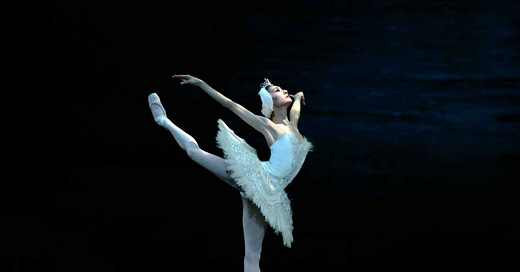



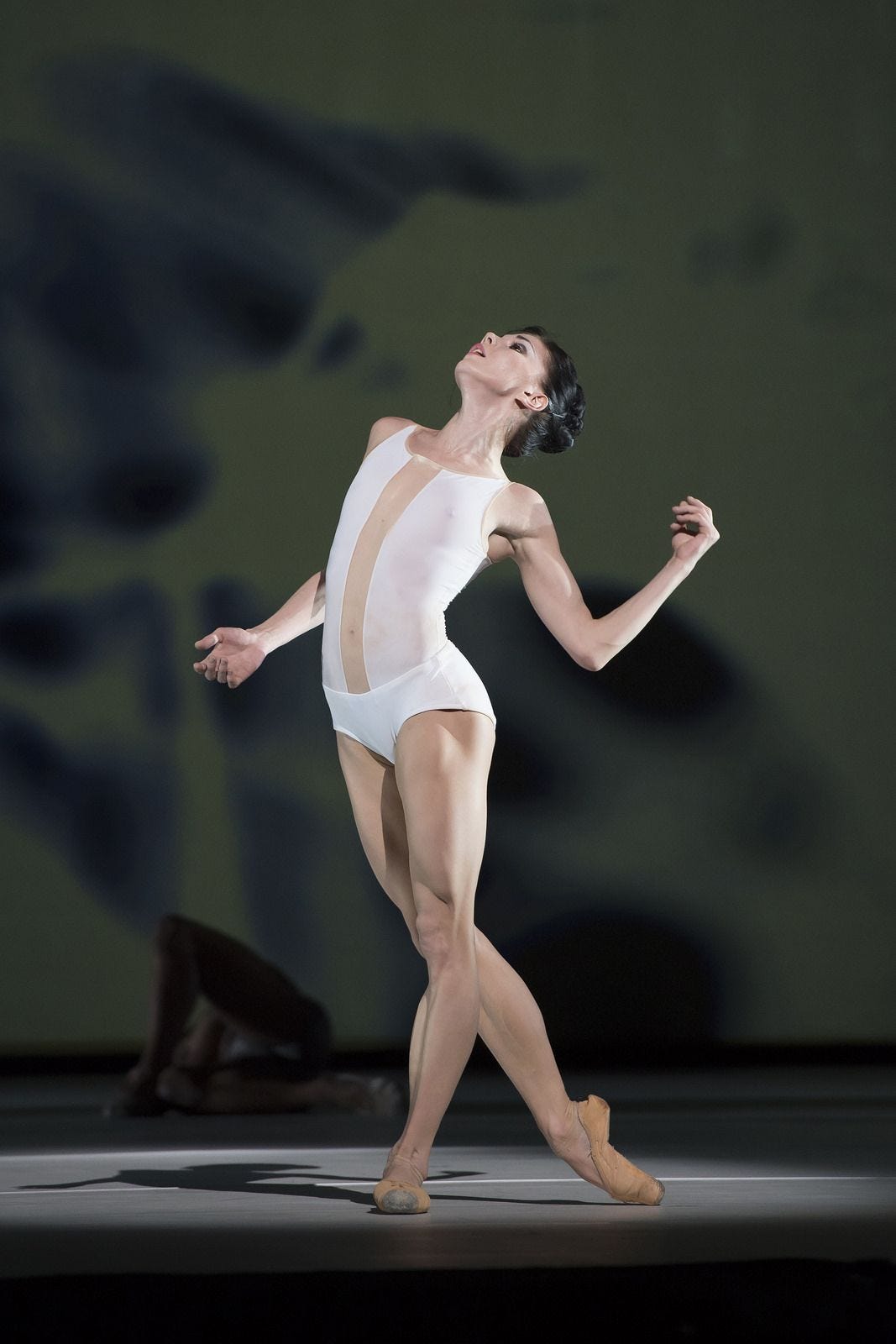
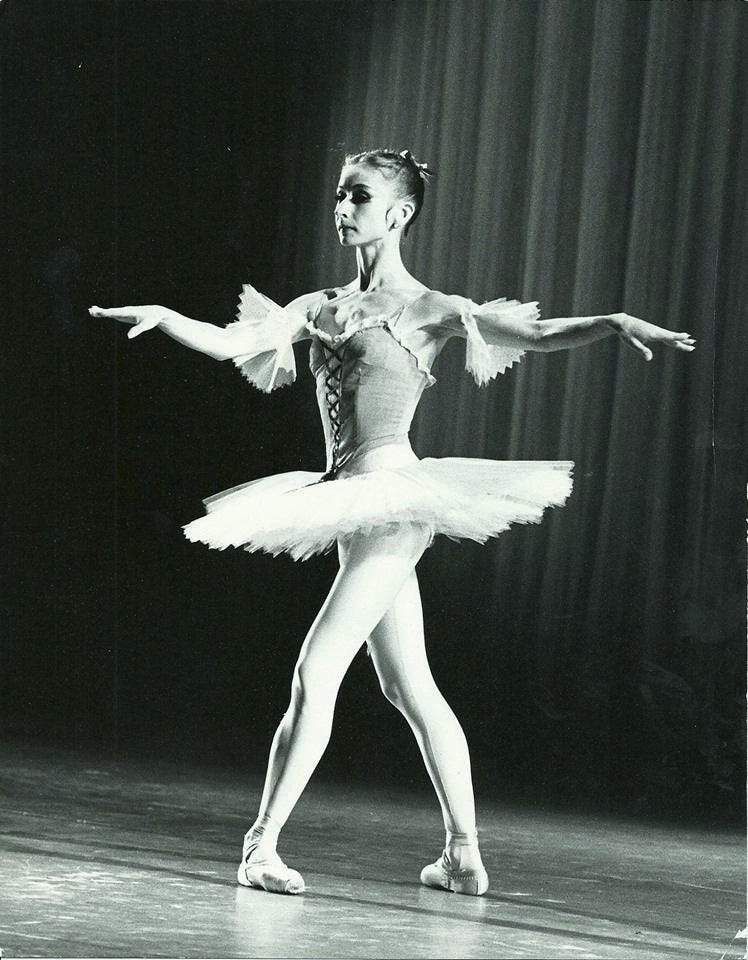


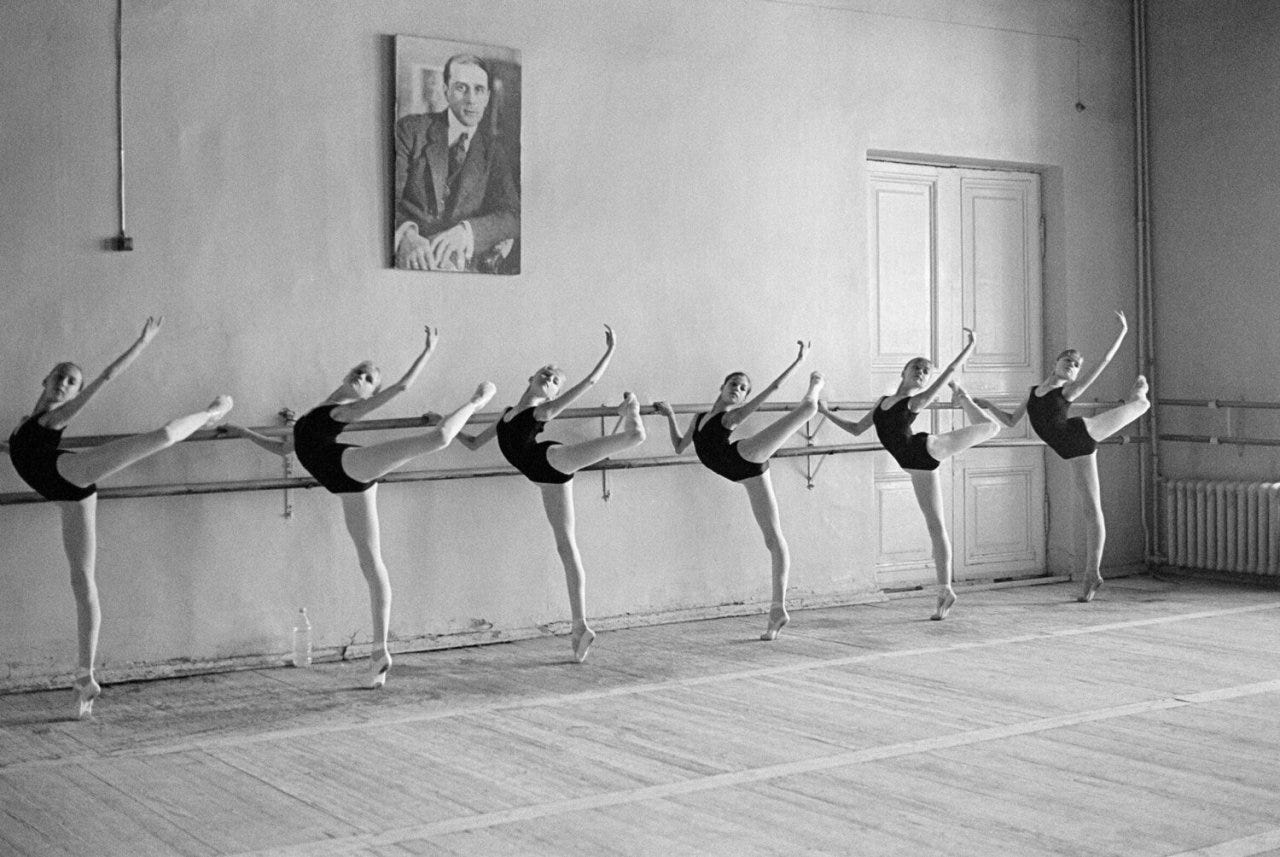
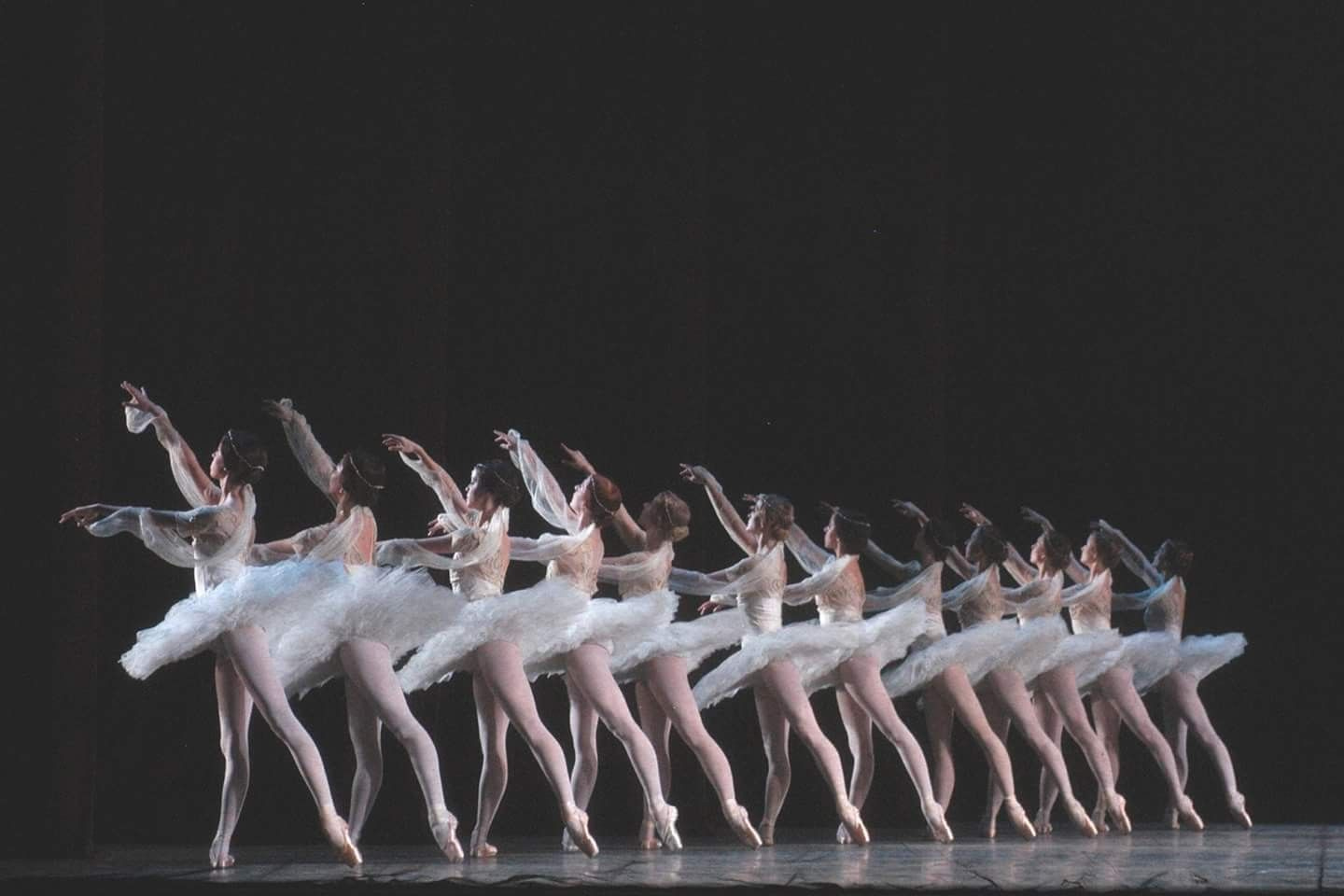
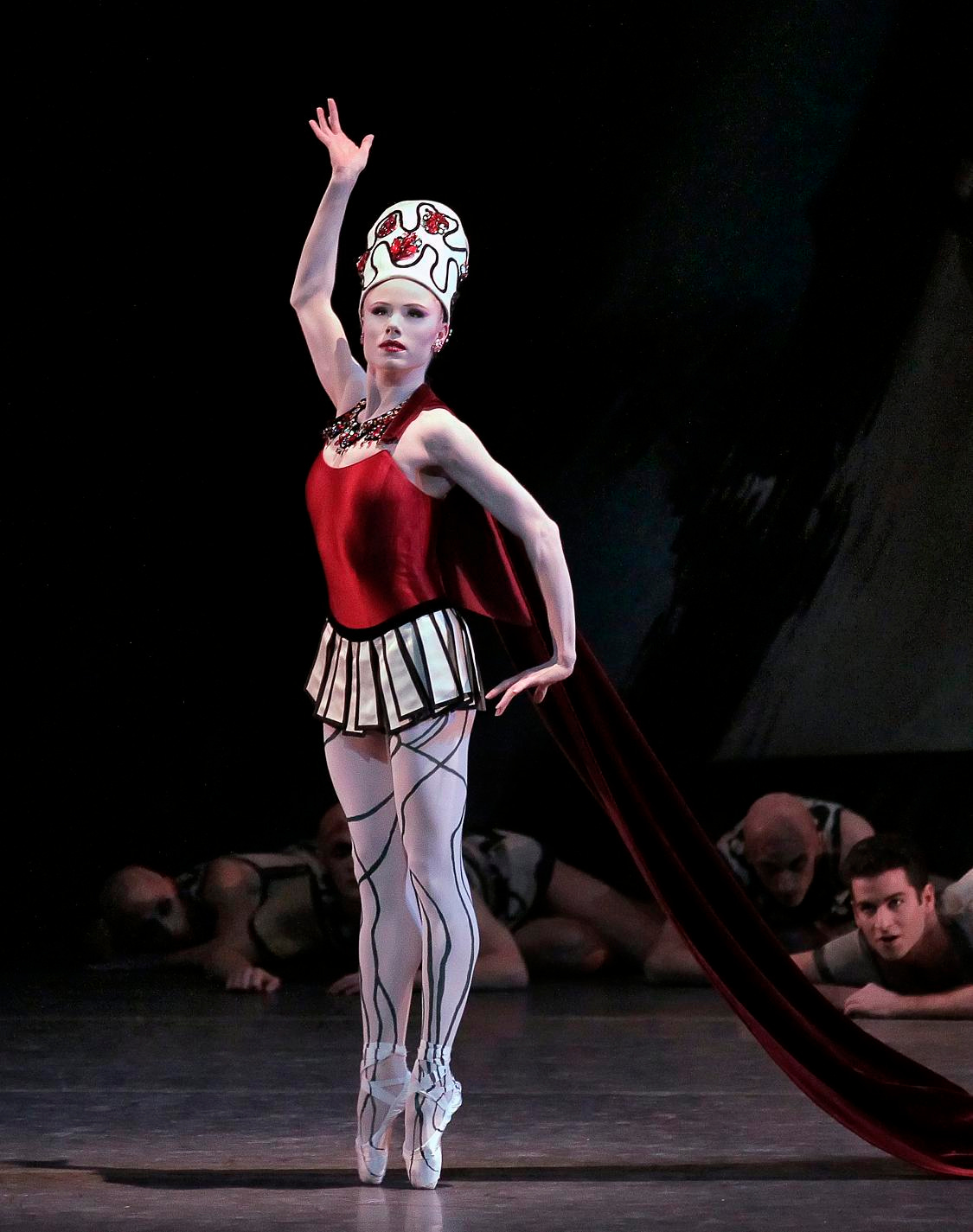
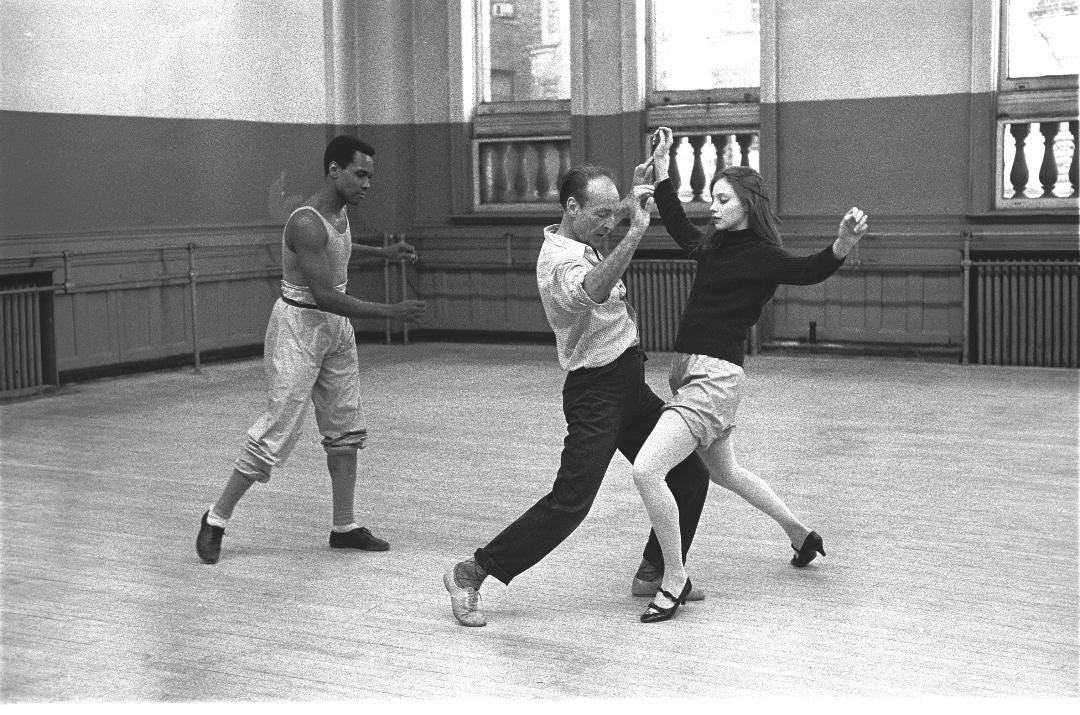
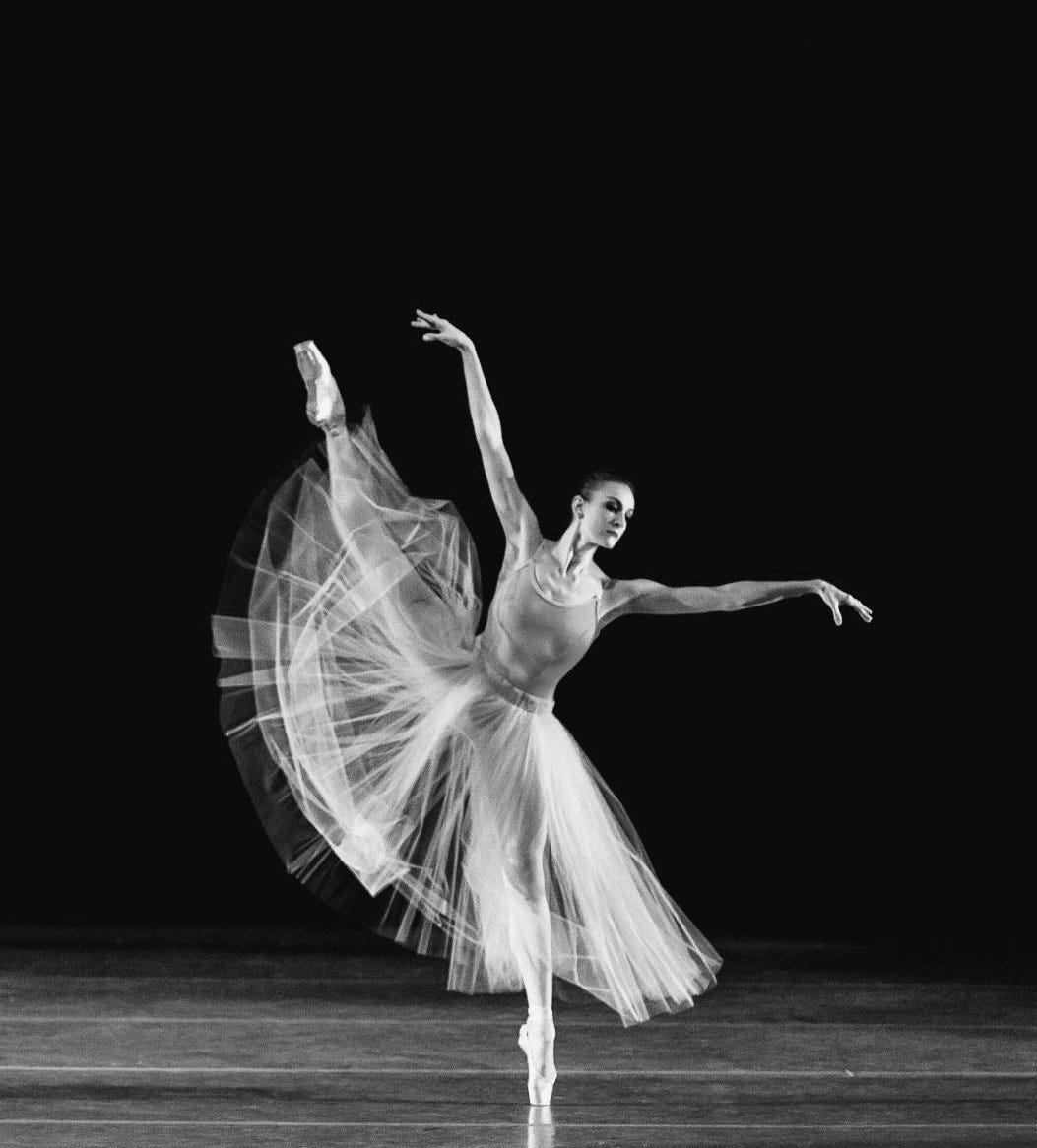
I read this article twice, soaking in all the beautiful details. As a newer believer, this metaphor helped me so much to understand so many of the nuances of what it means to follow Christ on a deeper level. I will definitely take the lovely visual imagery you provided with me on my lifelong journey toward obedience and sanctification!
What a wonderful metaphor! And gorgeous image of you!